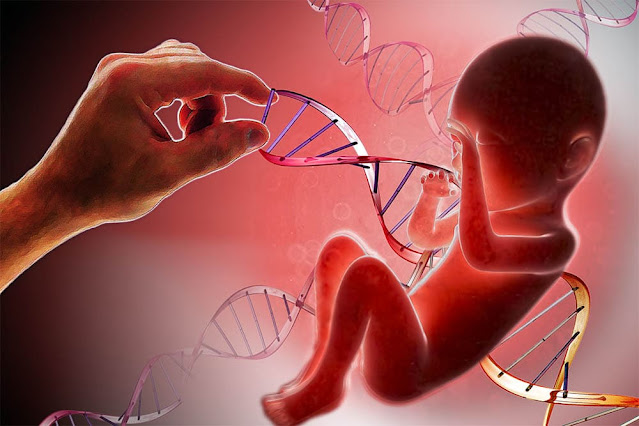Ontogenetic Processes Are Complex and Entail A Number of Events That Occur During an Organism's Development
Ontogenetic refers to the process of growth and development of an individual organism over its lifespan. It is an important aspect of biology as it allows us to understand how an organism develops from its early stage to maturity. The study of Ontogeneti processes helps to reveal the mechanisms and stages involved in development and how it affects the organism's morphology, physiology, behavior, and ecology.
Ontogenetic processes are complex and involve a series of events that take place during the development of an organism. The processes are influenced by genetic and environmental factors that interact to shape the organism's developmental trajectory. These processes begin from the time of fertilization, through embryonic development, and continue through to adulthood.
The global Ontogenetic Market size is estimated to be valued at US$ 540.3 Million in 2022 and is expected to exhibit a CAGR of 3.9% between 2022 and 2028.
Embryonic development is an essential stage in Ontogeneti processes, and it involves the formation of all major organs and body systems. This process is highly regulated, and its failure may lead to severe developmental defects or even embryonic death. Organogenesis, which is the process of the formation of the organs and structures in the body, is highly regulated by genetic and environmental factors. The interactions between these factors determine the size, shape, and function of the organs and structures.
Ontogenetic processes also involve growth and differentiation. These processes are responsible for the increase in size and the specialization of cells that make up the organism's organs and tissues. Growth and differentiation are controlled by complex genetic and environmental mechanisms, including the regulation of gene expression, cell signaling, and cellular interactions.
Another critical process in ontogeny is metamorphosis, which is a drastic change in morphology and physiology that occurs during development. Metamorphosis is common in many organisms, including insects, amphibians, and fish. It is responsible for the transformation of a larval form into an adult form, which is adapted to a different environment and mode of life. This process is regulated by complex genetic and environmental factors that influence the organism's morphology, physiology, and behavior.



.jpg)
Comments
Post a Comment